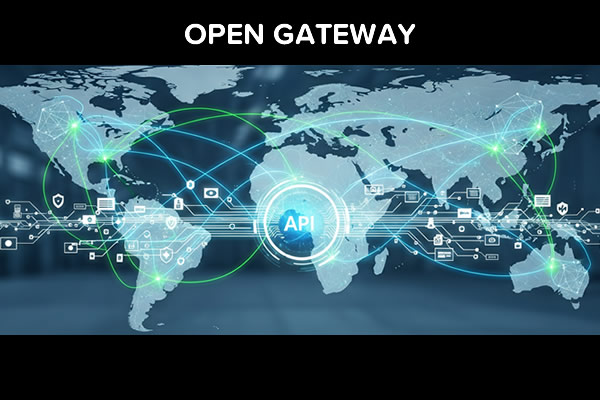Open Gateway is a global initiative led by the GSMA to transform traditional telecommunications networks into open, developer-ready platforms. It achieves this through a unified framework of standardized APIs that give businesses, developers, and service providers secure, interoperable access to advanced network capabilities — regardless of operator or country.


eSIM and Remote SIM Provisioning (RSP) technologies are no longer futuristic concepts — they are real, growing, and transforming how connectivity is managed across consumer devices, vehicles, and IoT deployments. But despite the progress, true large-scale adoption is still in its early stages. What’s holding it back? And what needs to change?

Artificial Intelligence (AI) continues to reshape the telecom landscape, delivering measurable value while paving the way for future innovation. GSMA Intelligence’s latest analysis, based on AI deployments from 250 operators worldwide, offers a snapshot of where the industry stands and where it’s heading.

Private LTE and 5G networks are transforming the way industries operate. From mining and energy to transportation and manufacturing, organizations are turning to private networks for secure, high-performance connectivity tailored to their specific needs.

The telecom industry is evolving faster than ever. New technologies, regulatory changes, shifting customer expectations, and increasing competition are reshaping the landscape — and challenging operators to respond at speed.

In a time when telecom networks are the backbone of global connectivity, trust is no longer a nice-to-have—it’s essential. The term "telecom-certified" has become shorthand for trustworthiness, reliability, and readiness for integration into critical infrastructures. But what does it really mean?

